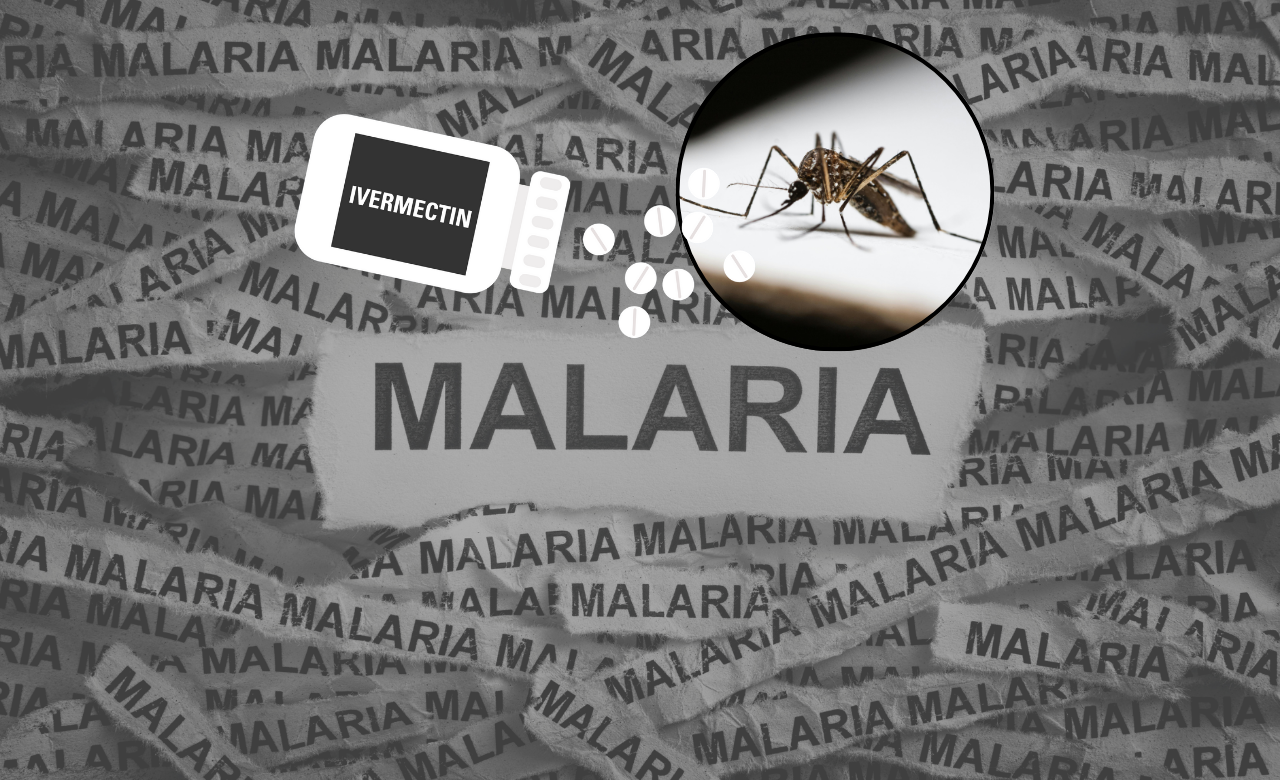Ivermectin Proven To Cut Malaria Cases By 26%, Study Finds—Here’s How It Works

Credits: Canva
SummaryA large-scale Kenyan study finds ivermectin cuts malaria cases by 26% among children, offering a safe, community-wide strategy to complement existing tools like bed nets amid rising mosquito resistance.
End of Article
